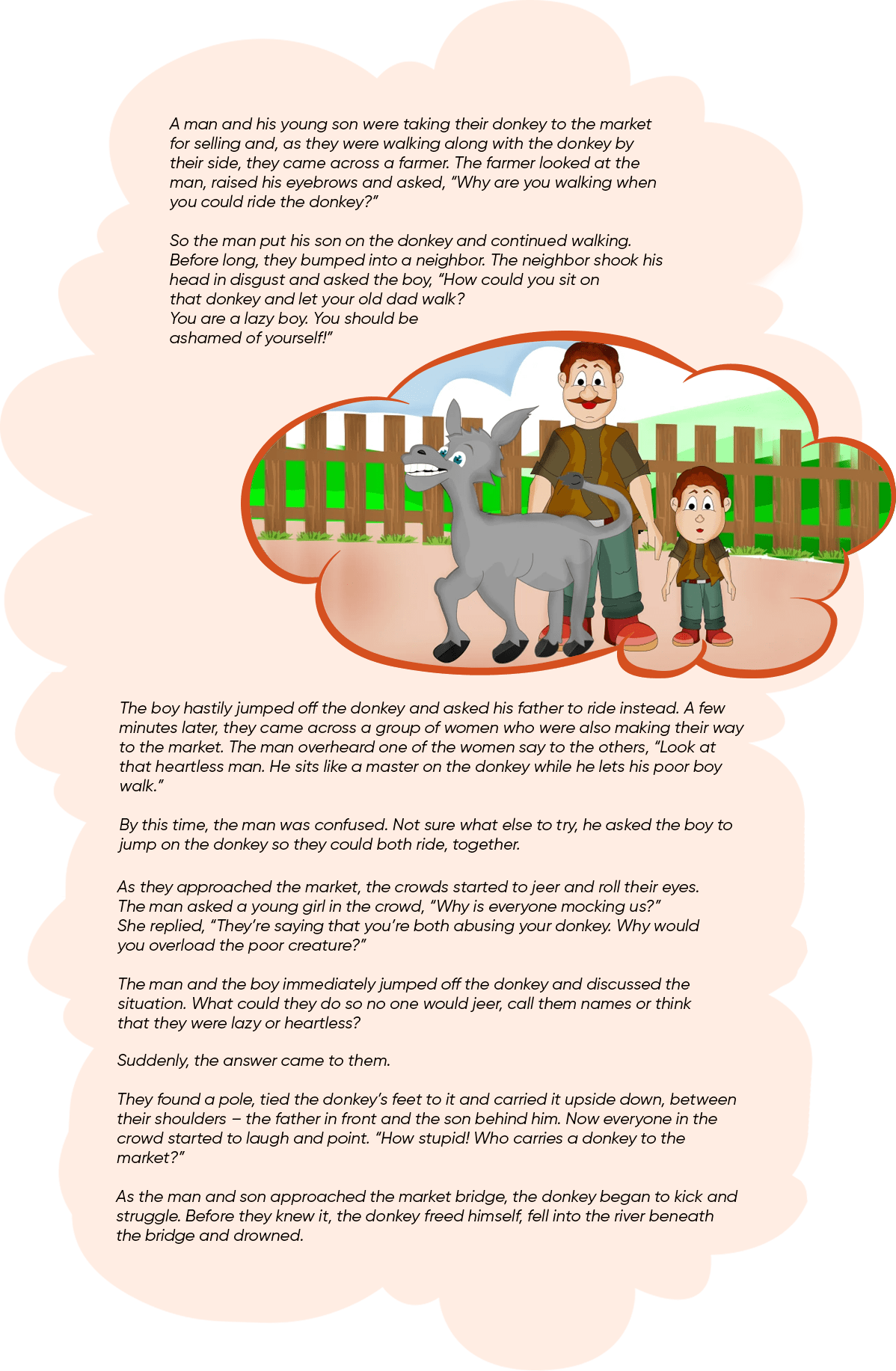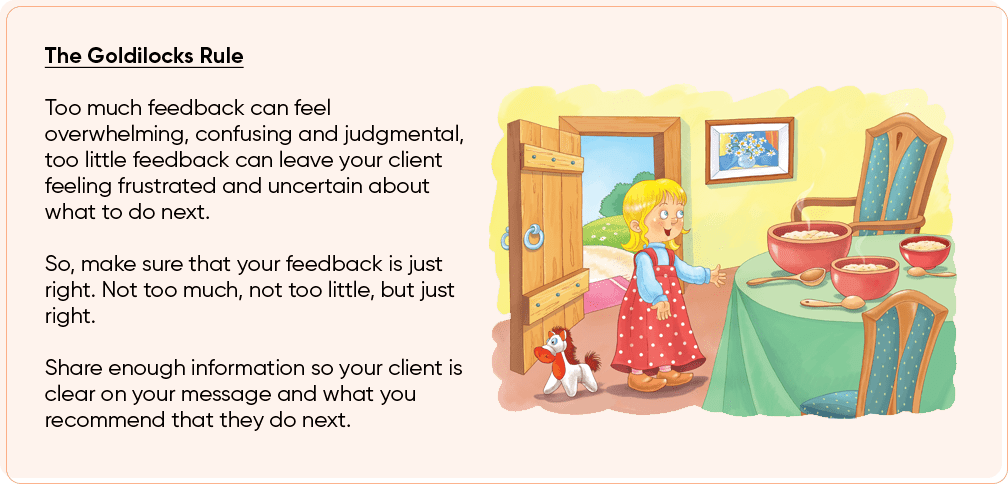The Ultimate Guide To Building Your Core Coaching Skills
How to Wow Your Clients, Establish Your Expertise, Master Your Coaching Skills, and Become a Truly Great Coach


The takeaway from this story? Everyone has an opinion and you can’t please everybody.
This lesson also applies to the core coaching skills and competencies that you need in order to become a successful coach… everyone has an opinion and you can’t please them all, so don’t even try!
The truth is, there is no such thing as a “one-size-fits-all” formula that will magically transform you into a rockstar coach overnight.
However, at Evercoach, we’ve worked closely with some of the top coaches in the industry and what we’ve noticed is there are a handful of core coaching skills and competencies that all world-class coaches share.

So, if you’re ready to supercharge your coaching skills, dominate your niche and be recognized as a world-class coach, you’re exactly where you need to be… right here, reading this.
Ready to go? Let’s rock and roll!
Chapter 1
Core Coaching Skill #1:
Deep Listening
Take a moment to think back to a time when you were in a conversation with someone who seemed incredibly distracted.
Maybe it was someone who wouldn’t stop fidgeting and looking around the room. Maybe this was someone who consistently glanced at their watch or kept checking for messages on their phone.
How did you feel at that point?
Frustrated? Ignored? Maybe even angry?
Now think about a conversation where you felt truly seen and heard by the other person.
You could tell that they were giving you all their attention. They were engaged, connected, and sincere. They asked relevant questions and they were deeply interested in you and what you had to say.
How did that experience make you feel? Deeply understood? Supported? Maybe even loved?
This is the power of deep listening in action.
Deep listening is the most important coaching skill there is and it’s why we have it at the top of the list in this Guide. A more popular term for this is known as Active Listening.
The first thing you need to know about deep listening is that it comes from a place of inner calm.
Deep listening isn’t just about hearing what’s being said, but listening to what's not being said. Listening for the silence, the pauses, the feelings behind the words.
If you’re meeting your client in person or on a video call, deep listening also includes reading and understanding your client’s body language. Reading their facial expressions, what they are saying with their bodies (see Chapter 4 for more on this).
There are 3 key elements to deep listening:
Safe space

Authentic response
Focus
1. Safe space
Let’s begin with the first element of deep listening – safe space.
Creating a safe space for your clients to open up during a session has to do with practicing non-judgement.
It's about building rapport with your clients in every single session. Non-judgement is about keeping your mind and your heart focused on your client’s potential not on their mistakes or missteps.
Non-judgement opens the door to a level of deep listening that allows the client to trust you and feel completely comfortable and safe. This will give them permission to open up and share, be vulnerable, and it will be ultimately, where the magic of transformation happens.
2. Authentic Response
The next element of deep listening is authentic response and this is about demonstrating that you are truly listening to your client.
There are a number of ways to communicate deep listening and it includes maintaining eye contact and nodding slightly now and again when your client is speaking.
These are tiny shifts that may feel insignificant in the grand scheme of things but, in reality, these are powerhouse moves that let your clients know they’re being seen, heard, and understood.
3. Focus
The third element has to do with directing your thoughts on your client while keeping your personal emotions out of the conversation.
Remember, this isn’t a casual conversation with your best friend over coffee. This is your coaching client and, as a dedicated coach, you’re here to give him or her all your focus and attention.
If complete focus doesn’t come easily to you right away, don’t be too hard on yourself. It’s only normal to notice that your mind wanders off from time to time… after all, you’re human!
Know that with time and practice, you can effectively train your mind to stay in the room, stay in the conversation, and fully focus on your client.
Take Action Section
The following questions will help you practice deep listening during your coaching session.
Use these questions as your personal checklist and work with them until deep listening feels like second nature.
Question #1
What can you do to center and calm yourself before you meet your client so you can quickly drop into deep listening?
(eg: meditate, practice breathing or mindfulness techniques, do a quick workout, listen to soothing music)
Question #2
How can you create a safe, non-judgmental space for your client?
(eg: list out their best traits before the session begins, consciously focus on their potential, stay mindful of your thoughts, be curious)
Question #3
Are you practicing authentic response by demonstrating that you’re listening to your client?
(eg: maintaining eye contact and nodding your head, rephrasing what you've heard back to them, asking questions to dive deeper into what was just shared)
Question #4
Are you keeping your personal feelings and emotions out of the conversation?
Question #5
Are your thoughts focused on your client?
Chapter 2
Core Coaching Skill #2:
Supportive Feedback
The world’s top coaches communicate what their clients need to know and not necessarily what they want to hear.
Knowing how to be honest and truthful with your clients will help them quickly close the gap between where they are now and where they want to be.
Honesty is especially critical when you can see that your client is thinking, behaving or taking action in a way that is not in their own best interest.
What this means is -- sooner or later -- you’ll need to share your insights and offer supportive feedback, so you can help your clients get back on the fastest path to their biggest goals and dreams.
Some coaches feel uncomfortable offering feedback, but the truth is, coaching isn’t a one-way conversation. It’s a 2-way communication.
Supportive feedback is a great way to help your client understand that they’re off track and no longer on the path that leads to their goals.

Supportive feedback can help your client feel empowered and motivated while negative feedback can leave them feeling deflated or disheartened.
When it comes to offering supportive feedback, you need to stick to what we like to call the “Goldilocks Rule.”

Supportive feedback also highlights your client’s behaviors and actions, not their innate personality.
For instance, “You are not aligned with your values in this situation” is about the client, while “Your values need to be prioritized in this situation” is about their behavior.
Focusing on behaviors and actions over personality is the best way to make sure your client doesn’t end up feeling judged or blamed for who they are and it’s a powerful way to communicate difficult feedback effectively.
Another crucial point to remember about supportive feedback is that it isn’t an opportunity to tell your client what to do.

Supportive feedback is about sharing your insights and reflections around your client’s situation or challenge and then offering your suggestions or recommendations.
Keep in mind…

Coaching is a skill like any other skill. It requires practice to master it, to be good at it. Just like someone picking up a new instrument, say a guitar, and then through practice making it look effortless, is what practice does to your skill. It helps you transform your knowledge and coaching skills into seemingly effortless expertise.
In the previous chapter, we covered active listening skills. Bringing your whole body and mind to the table helps you make the best of your ability as a life coach. It aids you in helping your client better, and that creates a ripple effect of growth in your coaching business.
Active listening also aids in you giving out actionable feedback. Such feedback helps your client identify and nurture different facets of their life — both personal and professional. Great feedback creates an impact on the client, and that leads to positive transformation; a successful coaching.
This begins to reflect on you as an effective life coach.
As you move forward, you will notice that these essential skills help you build a true connection with your client. By sharpening your ability to empathize without judgement, you can build trust with your clients. This helps you expand the effectiveness of your coaching skills training.
Do remember that, as a life coach, you need to keep your eye on the ball — focus on the desired outcome. At the end of the day, without an outcome, a coaching session is considered a failure.
Set your vision, goal and outcome for each coaching session and use your coaching skills to achieve them. This makes your journey as a life coach a meaningful one.
Take Action Section
The following are “supportive feedback starters” you can use to work with this important core coaching skill. These starters are a powerful and effective way to state your purpose before you begin to offer feedback, so your client feels more relaxed and open to hearing what you have to say.
Experiment with one or more of these starters the next time you need to offer feedback during a coaching session.
Supportive Feedback Starters
